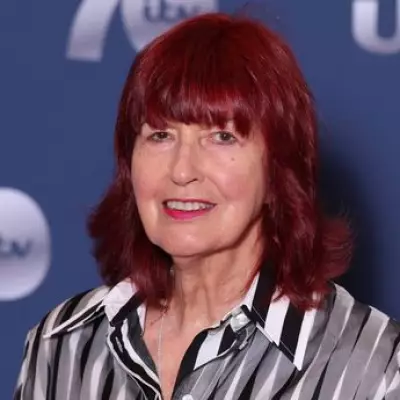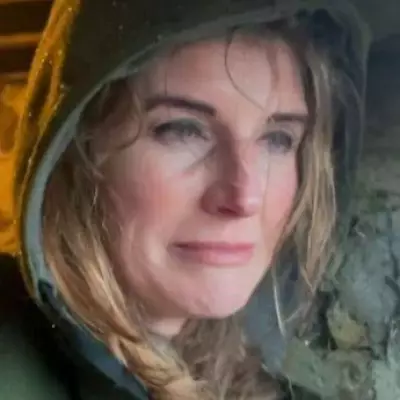
Former glamour model and reality TV star Danielle Lloyd has issued a stark warning about false claims surrounding sunscreen, following controversial comments made by fellow celebrity Sam Faiers.
Lloyd, who has been open about her own skin cancer scare, took to social media to challenge Faiers' recent assertion that certain SPF brands could be harmful to health. Medical experts have been quick to dismiss these claims as dangerous misinformation.
The Sunscreen Controversy
The debate began when Faiers, known for her role on The Only Way Is Essex, suggested that some sunscreen products contain potentially harmful ingredients. Her comments sparked concern among followers about whether they should be using SPF protection at all.
Lloyd responded strongly, stating: "This kind of misinformation could literally cost lives. As someone who's had skin cancer removed, I can't stress enough how important proper sun protection is."
Medical Experts Weigh In
Dermatologists have united in condemning the anti-sunscreen rhetoric, emphasizing that:
- Regular SPF use is crucial for preventing skin cancer
- Modern sunscreens undergo rigorous safety testing
- The risks of sun damage far outweigh any potential concerns about ingredients
Dr. Sarah Jones, a leading dermatologist, told us: "There is absolutely no credible evidence that approved sunscreens cause harm. What we do know is that unprotected sun exposure definitely causes skin cancer."
Lloyd's Personal Experience
The mother-of-five has been vocal about her own health scare after having a cancerous mole removed. She's since become an advocate for sun safety, regularly sharing reminders about skin checks and protection with her followers.
Key sun protection advice from experts includes:
- Use minimum SPF30 daily, even on cloudy days
- Reapply every two hours when outdoors
- Check skin regularly for any changes
- Seek shade during peak sun hours (11am-3pm)
As summer approaches, health professionals are urging the public to ignore unfounded claims and continue using sunscreen as their first line of defense against skin cancer.





